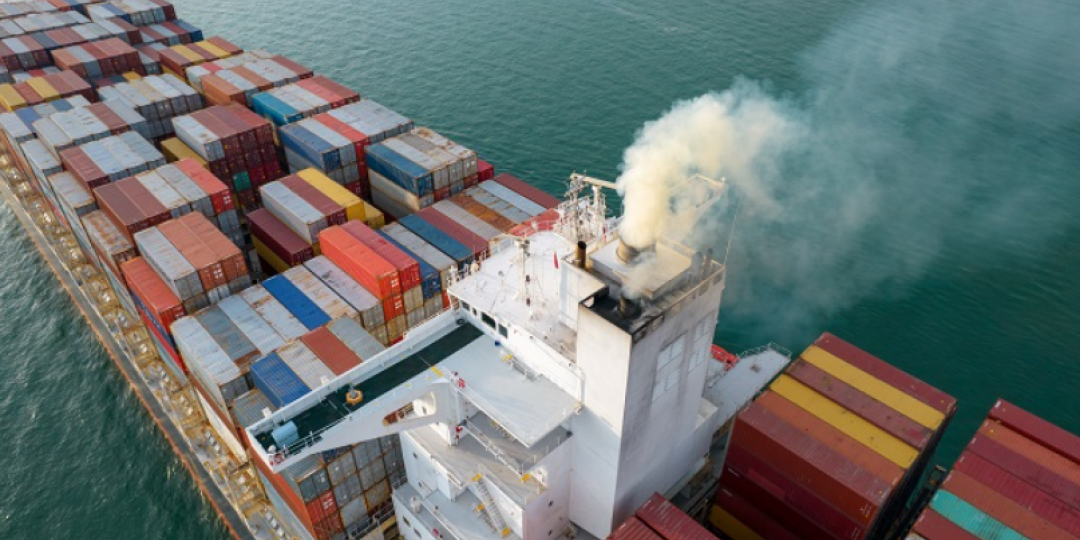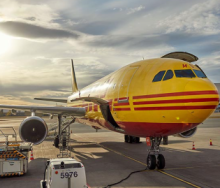Accusations that it is over-charging shippers through the EU’s Emissions Trading System (ETS) surcharges, the tax regime devised to decarbonise the liner trade, has been denied by Maersk.
The company refuted a recent study by sustainable transport NGO Transport & Environment (T&E), dismissing its findings as "misleading" and based on "flawed analysis" and "outdated surcharge estimates".
The Danish line, along with other major shipping lines like MSC, CMA CGM, and Hapag-Lloyd, has been at the centre of a controversy surrounding alleged profiteering from ETS surcharges.
According to Maersk's response to the T&E study, the company highlighted discrepancies in the analysis, particularly questioning the accuracy of the surcharge estimates used.
Maersk clarified that its surcharge calculations were based on more current data than what was presented in the T&E report.
The company emphasised that it did not adopt the €90 ETS price in its calculations, contrary to the assumptions made by T&E.
The T&E study, which scrutinised the ETS profits of major lines, suggested that these companies could potentially make substantial windfall profits by overcharging cargo owners for EU ETS costs.
The analysis indicated that the ETS surcharges imposed by carriers might surpass the actual ETS costs incurred, raising concerns about the transparency and fairness of the pricing strategies employed by these shipping companies.
In response to the T&E report, Maersk and other implicated carriers have defended their pricing practices, asserting that the ETS surcharges are necessary to cover the increased costs associated with complying with the EU ETS directive.
The ongoing debate surrounding ETS surcharges reflects the complexities and challenges faced by the shipping industry in adapting to environmental regulations while balancing operational costs and profitability.
This controversy underscores the broader implications of environmental policies on the shipping sector and the need for transparency and accountability in pricing mechanisms.
As the industry navigates the transition towards greener practices, the scrutiny on ETS surcharges and their impact on shippers and consumers remains a focal point of discussion and debate. – SOURCE: The Loadstar, Lloyd’s, Maersk.













